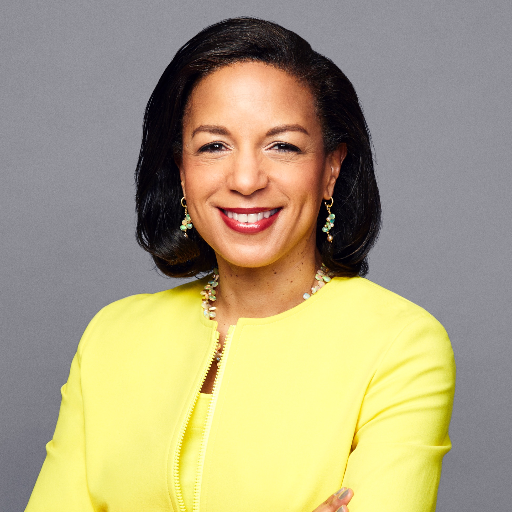The effect of a vice-president on a ticket is usually measured by the number of votes the ticket receives that can be attributed to the favorability of the vice-president. In 1960 some of the voters who saw John Kennedy as young and inexperienced may have been relieved by his older and more experienced vice-presidential selection, Lyndon Johnson. As a result, Johnson may have increased the number of voters supporting the ticket.
Another way of weighing the effect of a vice-president is to consider the halo effect that a vice-president choice creates for the presidential candidate. Voters can consider the social, racial, and political characteristics of a vice-presidential candidate to be either contrasted to or matched with those of the presidential candidate. Voters may have contrasted the urbane, youthful, Northeastern, John Kennedy with the uncouth, middle-aged, Southern, Lyndon Johnson. This contrast may have enhanced Kennedy’s youth and vitality to voters who found those characteristics favorable.
Alternatively, presidential candidate, Bill Clinton, matched many of the social, racial, and political characteristics of his vice-presidential candidate, Al Gore. Clinton benefitted from his perceived similarity to Gore because Gore was unblemished by allegations of extramarital affairs. Thus, voters may have perceived Clinton to be more like Gore than he was.
Trump’s selection of Mike Pence as his vice-presidential candidate contrasted with two of his key characteristics: strength and business acumen. Voters who saw Pence as a weak politician may have perceived Trump’s key characteristics to be enhanced by the contrast.
According to polling, voters consider Biden’s key characteristics to be his agreeability, genuineness, and likability. Joe Biden’s promise to name a female as his vice-president suggests that he wants a contrast to his key characteristics. He did not yet promise his choice would be not be white, nor that she would be young, but, if his goal is to form a contrast, or to assure voters that he is interested in their age or racial concerns, a young black, Hispanic, or Asian woman may get extra consideration. A vice-president’s characteristics that would enhance the perception of Biden’s key characteristics would be flintiness and unpleasantness.
Of course, Biden also needs to ensure that his vice-president would be able to help him govern and, if necessary, replace him. The short list appears to now include Susan Rice, Karen Bass, Val Demings, and Kamala Harris. While Democrats are enthusiastic about all of the choices, two candidates stand out. First, 66-year-old Representative Karen Bass has as much or more governing experience than any of the other candidates. She has served as chair of the Congressional Black Caucus since 2018. She had been the Speaker of the California State Assembly – the first African American woman to serve as secretary of a state legislative body. Second, 55-year-old Susan Rice has more foreign policy experience than any of the other candidates. She has served as Assistant Secretary of State for African Affairs, US Ambassador to the UN, and National Security Advisor. Rebuilding our foreign relations and stopping foreign powers from aiding domestic political excesses like “trumpism” will be vital to the nation.
Whether Biden seeks to capture the one percent a vice presidential selection can buy or to enhance voters’ perceptions of him, he must also pick someone he clicks with. Given the impressive resumes of all the vice-presidential candidates, he cannot make a “bad choice”. But his selection will reverberate for longer than four years. Let’s hope he makes the best choice.

